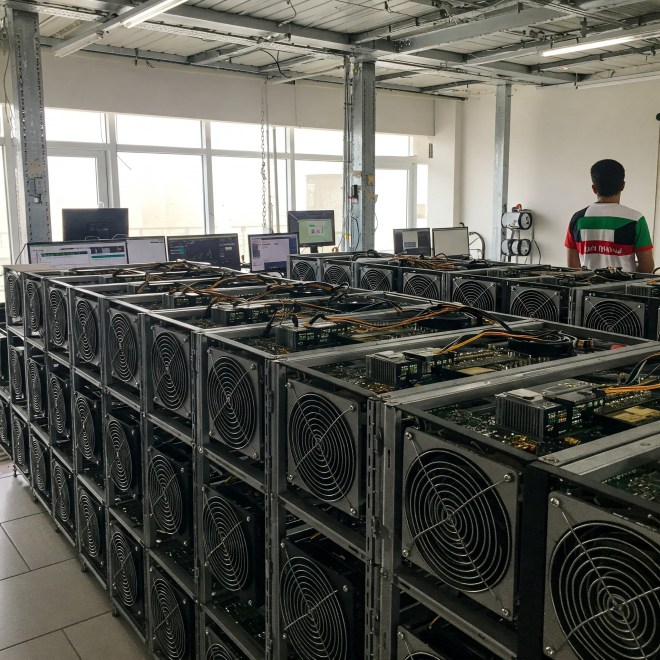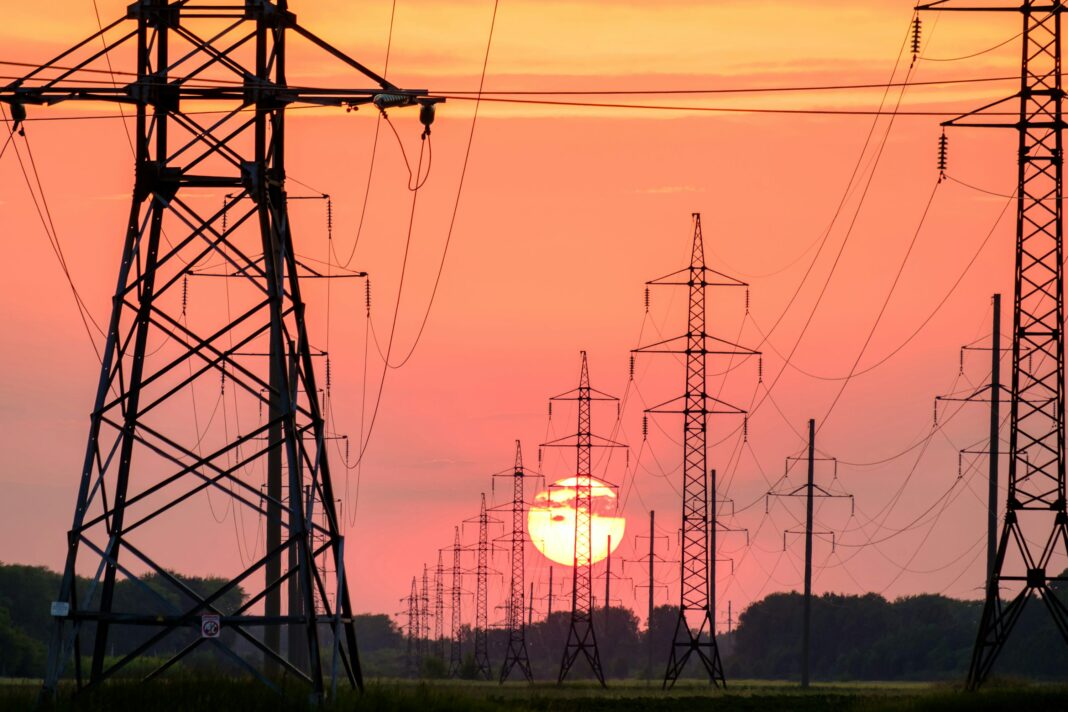The government of Kuwait has initiated a crackdown on cryptocurrency miners throughout the nation, accusing them of aggravating power shortages with summer just around the corner, according to a Reuters report. The interior ministry last week declared a “wide-ranging” security campaign targeting houses that have been converted into mining centers.
Power Grid Under Severe Strain
The crypto mining operations “represent an illegal exploitation of electric power” and can trigger blackouts impacting residential homes, commercial establishments, and critical services, Kuwaiti authorities said. The operations “present a direct threat to public safety,” the interior ministry added in its announcement.
The power shortage in the Gulf country is a result of multiple causes: a population increase, urbanization, increased temperatures, and postponed upkeep at current power plants. Authorities have focused on the southern sector of Al-Wafrah, where around 100 houses were said to be utilized for mining operations.
Video: Kuwait Busts Crypto Miners’ Den Operating in Residential Area#Kuwait #CryptoMinning #CryptoCurrency https://t.co/uJi7sH6TAL
— ARAB TIMES – KUWAIT (@arabtimeskuwait) April 25, 2025
Mining Operations Exploit Cheap Electricity
Some of Al-Wafrah’s mining facilities use as much as 20 times the average electricity levels that ordinary homes require, according to earlier reports made by the ministry of electricity. The nation’s highly subsidized cheap electricity has brought miners who hope to make big profits.

A rendering of a crypto mining operation. Image: Gemini Imagen.
Legal Gray Area Fuels Problem
Though Kuwait has prohibited cryptocurrency trading, the nation lacks legislation governing mining operations. This loophole has enabled miners to work in a legal limbo even as the central bank cautioned against investing in cryptocurrencies.
The case illustrates how crypto mining looks for areas with low electricity costs. The same trends have been observed globally, leading nations from Kosovo to Russia to limit mining to avoid power shortages.
Early Results Indicate Strong Impact
The ministry of electricity announced a 55% decline in energy consumption in Al-Wafrah after last week’s crackdown operation. This steep decline indicates the crackdown has been successful in its initial phases.
Kuwait’s cryptocurrency policy is starkly at odds with that of some of its neighbors. As Kuwait suppresses mining, Dubai opened this week to a key crypto conference, with Eric Trump, the son of US President Donald Trump, in attendance.
University of Cambridge research estimated that Kuwait was responsible for only 0.05% of global bitcoin mining in 2022. Yet even this small proportion can have a major effect on Kuwait’s relatively small electrical grid, experts say.
“It would only take a very tiny proportion of the overall bitcoin mining network to have a large influence on the comparatively small overall electrical usage of Kuwait,” said Alex de Vries-Gao, co-founder of Digiconomist, a tracker of crypto energy usage.
As Kuwaiti summers heat up in the next few months, officials continue to ask citizens to cut back on electricity consumption, expecting the clampdown on miners to avoid frequent power outages during the hot summer months ahead.
Featured image from Unsplash, chart from TradingView

Editorial Process for bitcoinist is centered on delivering thoroughly researched, accurate, and unbiased content. We uphold strict sourcing standards, and each page undergoes diligent review by our team of top technology experts and seasoned editors. This process ensures the integrity, relevance, and value of our content for our readers.


